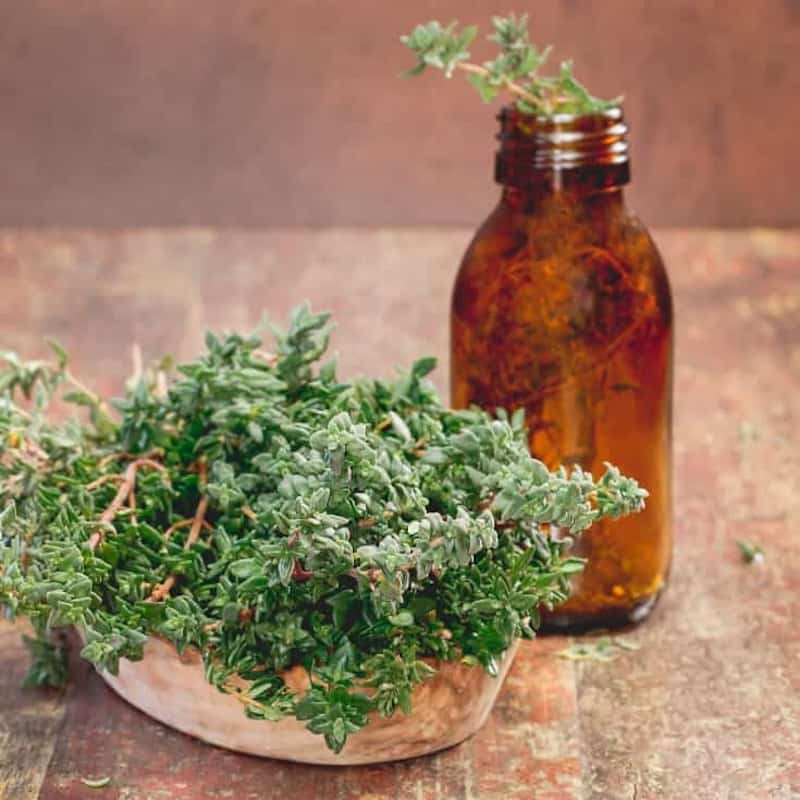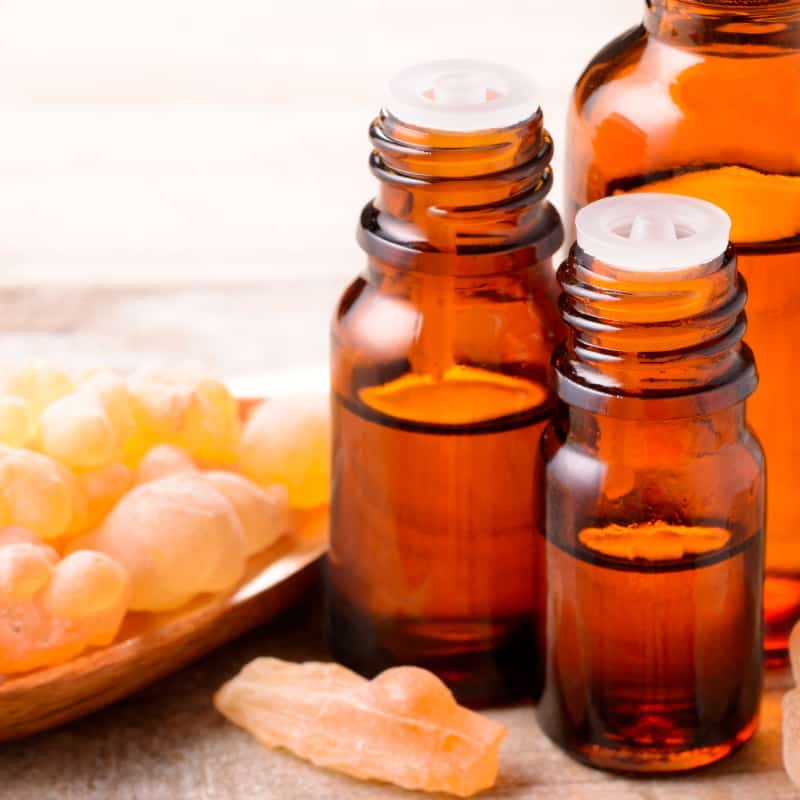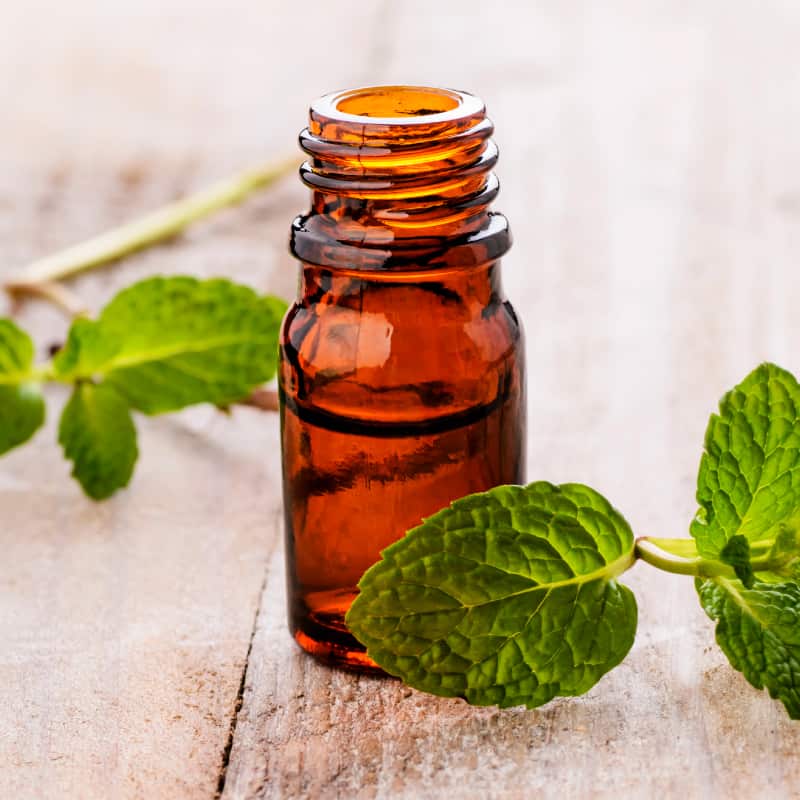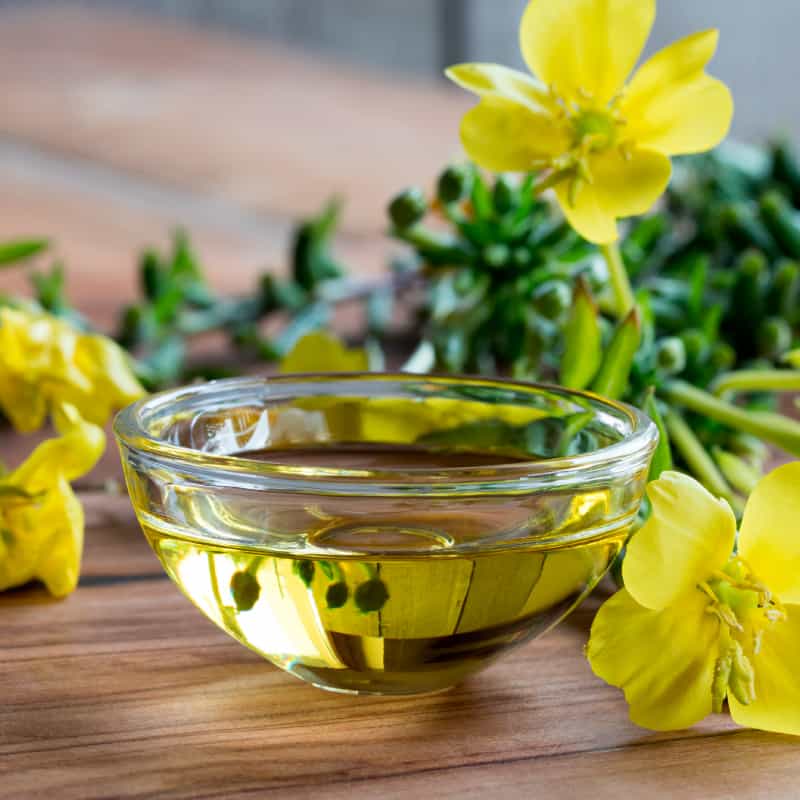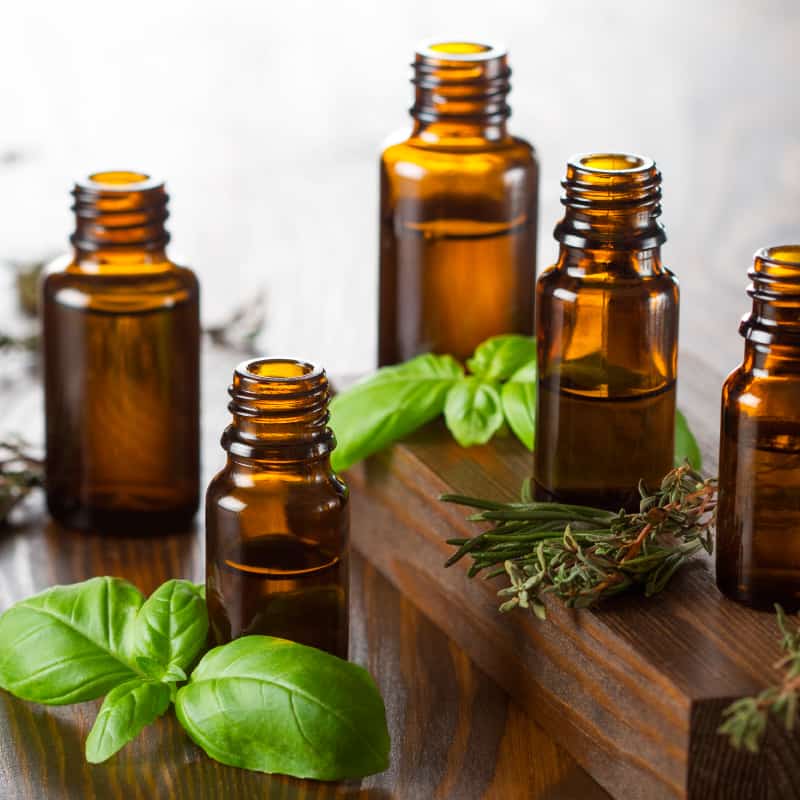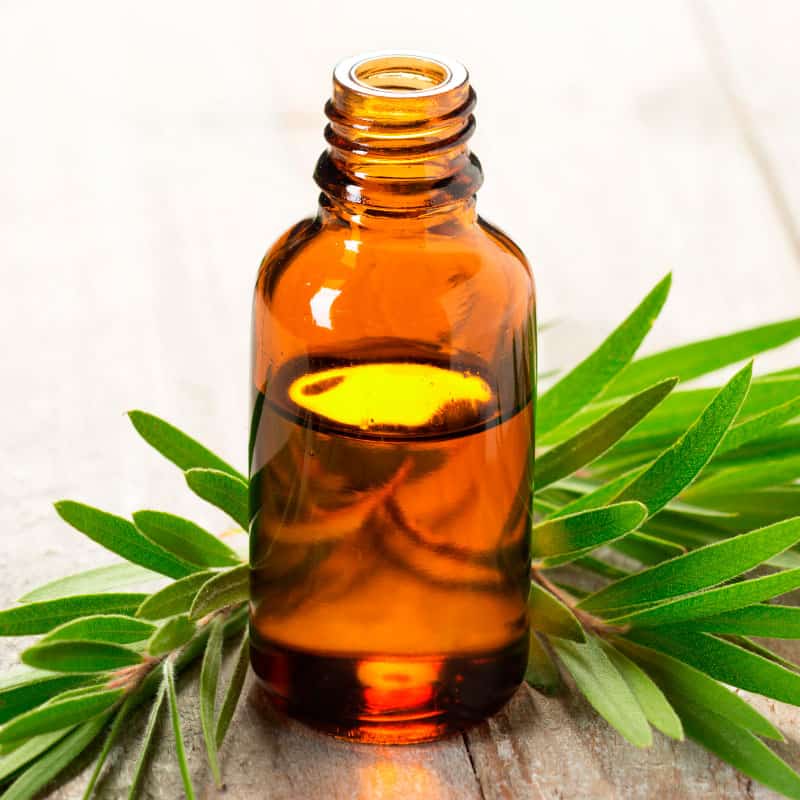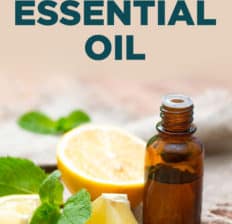This Dr. Axe content is medically reviewed or fact checked to ensure factually accurate information.
With strict editorial sourcing guidelines, we only link to academic research institutions, reputable media sites and, when research is available, medically peer-reviewed studies. Note that the numbers in parentheses (1, 2, etc.) are clickable links to these studies.
The information in our articles is NOT intended to replace a one-on-one relationship with a qualified health care professional and is not intended as medical advice.
This article is based on scientific evidence, written by experts and fact checked by our trained editorial staff. Note that the numbers in parentheses (1, 2, etc.) are clickable links to medically peer-reviewed studies.
Our team includes licensed nutritionists and dietitians, certified health education specialists, as well as certified strength and conditioning specialists, personal trainers and corrective exercise specialists. Our team aims to be not only thorough with its research, but also objective and unbiased.
The information in our articles is NOT intended to replace a one-on-one relationship with a qualified health care professional and is not intended as medical advice.
Benefits of Lemon Essential Oil, Plus 18 DIY Uses!
November 15, 2023
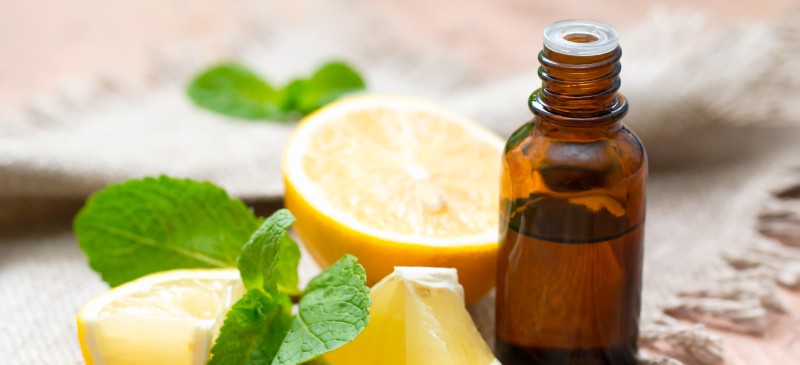
Lemons and lemon essential oil have been used in Ayurvedic medicine to treat a wide spectrum of health conditions for at least 1,000 years.
Citrus plants are the main sources of benefit-rich essential oils because of their many uses in food and medicine. Lemon oil is one of the most popular citrus essential oils because of its versatility and powerful antioxidant properties.
The health benefits of lemon essential oil have been well-established scientifically. Lemon is best known for its ability to cleanse toxins from the body, and it’s widely used to stimulate lymphatic drainage, rejuvenate energy, purify skin, and fight bacteria and fungi.
Lemon oil is indeed one of the most “essential” oils to have on hand year-round, including the summer. It can used for so many purposes, from a natural teeth whitener to household cleaner, laundry freshener, mood booster and nausea reliever.
You can cover a lot of ground with just one bottle of this essential oil.
What Is Lemon Essential Oil?
Lemon, scientifically called Citrus limon, is a flowering plant that belongs to the Rutaceae family. Lemon plants are grown in many countries all over the world, although they are native to Asia and believed to have been brought to Europe around 200 A.D.
In America, English sailors used lemons while on the sea to protect themselves from scurvy and conditions caused by bacterial infections.
Lemon essential oil comes from cold-pressing the lemon peel, not the inner fruit. The peel is actually the most nutrient-dense portion of the lemon because of its fat-soluble phytonutrients.
Research indicates that lemon essential oil is composed of many natural compounds, including:
- terpenes
- sesquiterpenes
- aldehydes
- alcohols
- esters
- sterols
Lemons and lemon oil are popular because of their refreshing scent and invigorating, purifying and cleaning properties. Research shows that lemon oil contains powerful antioxidants and helps reduce inflammation, fight bacteria and fungi, boost energy levels, and ease digestion.
Benefits
1. Helps Relieve Nausea
If you are looking for a way to get rid of nausea, especially if you are pregnant and experiencing morning sickness, lemon essential oil serves as a natural and effective remedy.
A 2014 double-blind, randomized and controlled critical trial investigated the effect of lemon inhalation on nausea and vomiting during pregnancy. One-hundred pregnant women with nausea and vomiting were divided into intervention and control groups, with the intervention group participants inhaling lemon essential oil as soon as they felt nauseous.
Researchers found that there was a statistically significant difference between the control and intervention groups in the mean scores of nausea and vomiting, with the lemon oil group having much lower scores. This suggests that lemon essential oil can be used as a tool for reducing nausea and vomiting during pregnancy.
A 2020 study evaluating the effects of aromatherapy on nausea and vomiting during pregnancy found that combining lemon and peppermint essential oils was effective in reducing mild to moderate symptoms, especially after two to four days of use. For the study, participants inhaled the aroma from cotton balls, but using a diffuser is another great way to use oils aromatically.
Furthermore, a 2023 randomized clinical trial study “aimed to determine the effect of lemon inhalation aromatherapy on pain, nausea, and vomiting and neurovascular assessment in patients for lower extremity fracture surgery.” What did the researchers find?
They concluded: “This study indicated that aromatherapy reduced pain intensity, postoperative nausea, vomiting, and retching, as well as the incidence of anti-emetic drug administration. Therefore, using lemon inhalation aromatherapy to relieve pain and reduce nausea and vomiting is suggested for lower extremity fracture patients who have undergone surgery.”
2. Improves Digestion
Lemon essential oil can help soothe digestive problems, including issues like gastritis and constipation.
A 2009 animal study published in Chemical and Biological Interactions found that when lemon essential oil was given to rats, it reduced gastritis symptoms by reducing the erosion of gastric mucosa (the lining of your stomach) and working as a gastro-protective agent against stomach legions.
Another 10-day, randomized control study sought to verify the efficacy of lemon, rosemary and peppermint essential oils on constipation in the elderly. Researchers found that those in the aromatherapy group, who received abdominal massages using the essential oils, had significantly lower constipation assessment scores than those in the control group.
They also found that the number of bowel movements was higher in the experimental group. The natural constipation relief among participants in the essential oil group lasted two weeks after treatment.
3. Nourishes Skin
Lemon essential oil benefits your skin by reducing acne, nourishing damaged skin and hydrating the skin. Lab studies show that lemon oil is able to reduce cell and tissue damage in the skin that’s caused by free radicals. This is due to lemon oil’s strong antioxidant activity and anti-aging effects.
A scientific review published in Evidence-Based Complementary and Alternative Medicine indicates that lemon essential oil is also effective against skin issues like blisters, insect bites, greasy and oily conditions, cuts, wounds, cellulite, rosacea, and viral infections of the skin like cold sores and warts. This is because lemon oil’s antimicrobial compounds work to treat dermatological conditions naturally.
4. May Promote Weight Loss
Did you know that lemon essential oil may be able to promote the breakdown of body fat? Like grapefruit oil, one of the best essential oils for weight loss, lemon also contains d-limonene.
D-limonene is known to help support your metabolism and cleanse your lymphatic glands. This can help with weight loss.
An animal study published in the Journal of Clinical Biochemistry and Nutrition found that when mice were supplemented with lemon polyphenols that were extracted from lemon peel for a 12-week period, their body weight gain, fat pad accumulation, and development of hyperlipidemia, hyperglycemia and insulin resistance were significantly suppressed.
5. Helps Purify the Body
Lemon oil has a purifying, cleansing and protective effect on the body. It helps defend the body against harmful pathogens and promotes detoxification through the blood and liver.
Lemon oil also stimulates lymphatic drainage. This helps the body cleanse itself of wastes and toxins.
A 2016 animal study found that when lemon essential oil was given to rats that developed aspirin-induced acute liver and kidney damage, it was able to reduce the oxidative stress and damage to both organs.
Another animal study tested the effects of lemon oil and other essential oils on the antioxidant state of organs in mice. When mice were treated with essential oils for six months, even at very low doses, they were able to reduce oxidative stress and maintain the structural integrity and functional activity of the organs.
A mixture of lemon essential oil and ginger extract had the highest antioxidant effect on the liver and brain in mice.
6. Boosts Oral Health
Given that lemon essential oil has proven antibacterial and antifungal properties, it works as a natural remedy for many oral conditions, including oral thrush and bad breath. It can also be used to whiten your teeth naturally and prevent tooth decay.
A randomized, controlled trial including 90 HIV/AIDS patients evaluated the efficacy of lemon juice in the treatment of oral thrush. Researchers found that the use of lemon juice for oral thrush was validated by its ability to treat the condition in an HIV-positive population.
Although citrus juices are known for their ability to cause tooth erosion after long-term use because of their acidic nature, essential oils do not seem to cause the same acid erosion. That said, study results do indicate that even citrus essential oils should not be used in mouth rinses for extended periods of time or as pre-brush rinses.
7. Relieves Cough and Stimulates Lymphatic Drainage
Lemon oil has antibacterial, antioxidant and anti-inflammatory properties, so it helps boost your immune system and fight respiratory conditions. It also serves as one of the top essential oils for allergies.
It’s one of the best essential oils for coughs because it benefits the lymphatic system. This protects you from harmful pathogens and reduces swelling in your lymph nodes.
Lemon essential oil has been shown to inhibit pro-inflammatory mediators, thereby soothing inflammation and potentially stimulating lymphatic drainage. This can help reduce the accumulation of fluids that can cause you to cough.
8. Works as Antimicrobial Agent
Studies show that lemon essential oil works as a natural antimicrobial agent because of two dominant compounds found in the oil, limonene and b-pinene. This makes lemon oil a powerful tool in cleaning and food protection.
Lemon oil can be used to cleanse your home of harmful pathogens, like bacteria, fungi and others. Using lemon as a natural cleaning product also keeps your home free of conventional products that are made with dangerous chemicals.
Research also shows that lemon oil can be used to help protect our food system, too. In a study testing the preservative effects of lemon oil, researchers found that lemon inhibited the growth of bacteria growth in minced beef meat.
Lemon essential oil successfully stopped the development of Listeria monocytogenes, suggesting that it plays a role in the prevention of contamination in our food sources. This is helpful for our food system because foods contaminated with bacteria like Listeria monocytogenes, Salmonella, Staphylococcus aureus and Escherichia coli have been reported to cause foodborne illnesses.
9. May Work as Anti-Tumor Agent
Animal studies show that limonene, a major component of lemon essential oil, has anti-tumor and chemotherapeutic effects. Oral feeding of lemon oil has resulted in significant regression of mammary carcinoma (a breast cancer) without any observable systemic toxicity.
Animal studies also show that using citrus oils containing limonene topically may also be a safe and feasible option for helping women prevent breast cancer, but more research is needed on this topic.
More research shows lemon, cardamom and jasmine oils “possess potent antitumor activity” on human skin, gastric and brain cancer cell lines.
How to Use
There’s a laundry list of lemon oil uses, which is why I think that it’s one of the top essential oils to keep in your home. Here are some of my favorites:
1. Natural Disinfectant
Want to steer away from alcohol and bleach to disinfect your countertops and clean your moldy shower? Add 40 drops of lemon oil and 20 drops of tea tree oil to a 16-ounce spray bottle filled with pure water (and a little bit of white vinegar) for a traditional cleaning favorite.
This natural cleaning product can be used to kill toxins and bacteria in your home, especially in places like your kitchen and bathroom.
2. Laundry
If you ever leave your laundry sitting in the washer for too long, just add a few drops of lemon essential oil to your load before drying and your clothes won’t get that musky smell.
3. Wood and Silver Polish
A lemon oil-soaked cloth (with about 10 drops of oil) helps spruce up your tarnished silver and jewelry. Lemon oil can also be used for cleaning wood.
4. Dishwasher Detergent
Use my Homemade Dishwasher Detergent with orange and lemon essential oils to keep your dishes clean without using chemicals found in conventional detergents.
5. Goo-Be-Gone
Un-stick the sticky goo your kids leave behind with stickers and gum with lemon oil. Just add 3–5 drops of lemon oil to a damp washcloth.
6. Clean Hands
Got greasy hands from working on your car or bike and regular soap isn’t doing the trick? No worries — just add a couple drops of lemon essential with your soap and get your clean hands back!
7. Teeth Whitener
Mix lemon essential oil, baking soda and coconut oil and rub the combination on your teeth for 2 minutes before rinsing.
8. Face Wash
Lemon essential oil can be used on your skin to improve your complexion and leave your skin soft and supple. Use my Homemade Face Wash that’s made with lemon, lavender and frankincense oils, or simply combine 2–3 drops of lemon oil with baking soda and honey.
9. Nail Polish Remover
Try this DIY Nail Polish Remover that’s made with acidic essential oils like lemon, grapefruit and sweet orange. Not only does it remove your old nail polish, but it works to protect the health of your nails at the same time.
10. Promote Fat Loss
Add 2 drops of lemon oil to a glass of water 2–3 times daily to support your metabolism and promote weight loss.
11. Improve Your Mood
Diffusing about 5 drops of lemon essential oil at home or work can help lift your mood and fight depression.
12. Boost Immune System
To boost your immune system, kill bacteria and support your lymphatic system, mix 2–3 drops of lemon essential oil with a half teaspoon of coconut oil and rub the mixture into your neck.
13. Relieve Cough
To use lemon oil as a home remedy for cough, diffuse 5 drops at home or work, combine 2 drops with a half teaspoon of coconut oil and rub the mixture into your neck, or add 1–2 drops of a high-quality, pure-grade oil to warm water with honey.
14. Clear Mucus and Phlegm
To help eliminate mucus and relieve congestion, inhale lemon oil directly from the bottle or combine 2–3 drops with a half-teaspoon of coconut oil and apply it topically to your chest and nose.
15. Relieve Allergies Symptoms
To help drain your lymphatic system and relieve seasonal allergy symptoms, diffuse 5 drops of lemon oil at home, add 5 drops to your laundry detergent, or mix 5–10 drops with water in a spray bottle and spray it on your carpets, curtains, couches and sheets.
16. Ease Nausea
To relieve nausea and reduce vomiting, inhale lemon oil directly from the bottle, diffuse 5 drops at home or work, or combine 2–3 drops with a half-teaspoon of coconut oil and apply topically to your temples, chest and back of neck.
17. Improve Digestion
To ease digestive complaints like gassiness or constipation, add 1–2 drops of a good-quality, pure-grade lemon essential oil to a glass of cool water or warm water with honey and drink it twice daily.
18. Promote Detoxification
To help purify your body, promote detoxification and remove harmful toxins that can lead to disease, add 1–2 drops of a high-quality, pure-grade lemon essential oil to a glass of water and drink it twice daily.
Risks and Side Effects
Lemon essential oil can cause photosensitivity when used topically, so it’s important to avoid direct sunlight up to 12 hours after using lemon oil on your skin.
Lemon oil can cause skin irritations in some people, so do a patch test on your arm or leg before using it topically just to be sure that you won’t have an adverse reaction. When using lemon oil on your skin, it’s best to dilute it with a carrier oil, like coconut oil or jojoba oil, especially on sensitive areas like my face.
Essential oils are not regulated by the Food and Drug Administration, so it’s important to choose a high-quality product from a reputable brand. Opt for an oil that’s 100 percent pure grade and USDA certified organic.
Conclusion
- Lemon essential oil comes from cold-pressing the lemon peel and not the inner fruit. It’s been used in Ayurvedic medicine for over 1,000 years and is valued for its anti-inflammatory, antioxidant and antimicrobial properties.
- Lemon is a very versatile essential oil. It can be used for cleaning, as a beauty product, and to boost your health and support disease prevention. You can diffuse it at home, inhale it from the bottle or a cotton ball, or add it to DIY recipes.
- The top health benefits of lemon essential oil include its ability to relieve nausea, improve digestion, purify the body and more.

